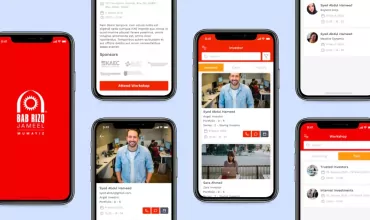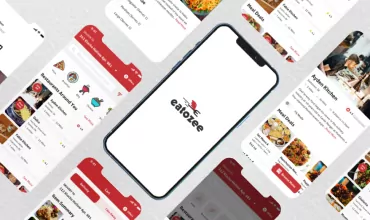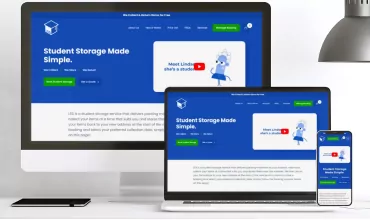FTC Report Shows Privacy Breaches by Children’s Mobile Apps

Table of Contents
FTC’s survey on the privacy issues of children’s mobile applications shows that there is very little progress on privacy breaches done by these applications. The report published by FTC shows that mobile apps for kids dispatch good amount of information from mobile devices. The more concerning thing is that this dispatch of information is not even made known to parents. The users aren’t able to know what data is taken nor do they know where the information goes.

The Commission analyzed around 400 popular kids’ apps and found out that almost 60% of the application passed information from the user’s device to advertising networks, developers or other third-parties. Further, some applications were also found to contain links to social media websites or enabled the kids to buy stuffs from the app, and not even the purchase information was disclosed.
It was also found out that among the information passed on to the third-parties, information like user’s physical location, device ID and phone numbers were also included. During discussion on the reports, FTC Chairman showed his concern and said, “Our study shows that kids’ apps siphon an alarming amount of information from mobile devices without disclosing this fact to parents.” Though FTC didn’t name the apps surveyed by it, it clearly stated that only 20% of the surveyed apps showed privacy policies.
The unauthorized collection of personal information and sharing of the same is a grave concern. In 2008, FTC levied fine against Sony Music and the company had to pay $1 million fines for breaching privacy policies and disclosing personal information of around 30,000 children under the age of 13.
However, the FTC also emphasized on the fact that the gatekeepers of the stores need to work harder on this part and become stricter. Meanwhile, FTC is already working on a proposal to change the law that would forbid mobile applications as well as website to stop children under 13 from using GPS location for marketing without their parents’ consent.



